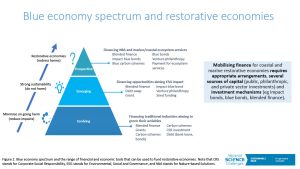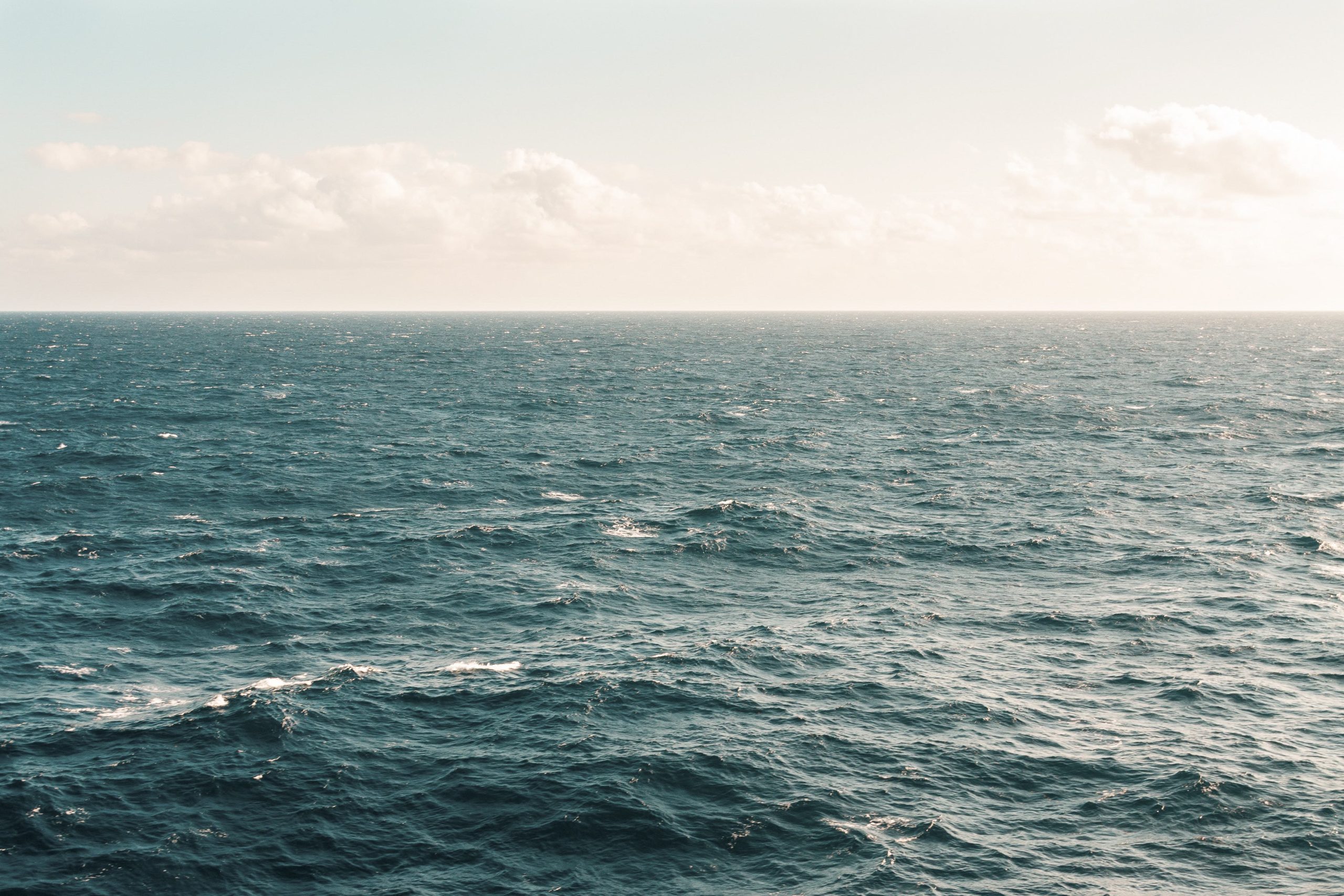About the client
Established in 2014, the Sustainable Seas National Science Challenge is a 10-year, two phase government-funded research programme set up to address how we can best develop our marine economy, while protecting the taonga of our marine environment.
Executive Summary
Sustainable Seas National Challenge has a vision for healthy marine ecosystems that provide value for every New Zealander. EnviroStrat has been a significant contributor to the Sustainable Seas blue economy workstream.
In 2018 EnviroStrat was tasked with leading a project reviewing how the blue economy in New Zealand is growing and changing, and the potential of research and innovation to support its development. The project included a stocktake of national and international blue economy developments, and examined threats and opportunities for New Zealand’s blue economy.
The research provides a platform for developing research questions for the Blue Economy theme in Phase II of the Sustainable Seas National Science Challenge. EnviroStrat has a lead role in two of the areas recommended for additional research; developing a framework for a sustainable seaweed sector (with the Cawthron Institute), and co-leading (with NIWA) research into restorative marine economies.
Our approach
In 2018 EnviroStrat was tasked with leading a research project to identify marine and coastal activities with the potential to create economic value and contribute positively to the social, cultural and ecological wellbeing in New Zealand.
We led a team which included researchers from the Universities of Canterbury and Auckland.
We used three methodologies to generate our findings:
- We reviewed national and international blue economy literature, reviewing a range of publications in academic, ‘grey’ and policy literature, domestic policy documents and commentaries on trends in blue economy development.
- The literature review was used to identify Political, Economic, Sociological, Technological, Legal, and Environmental elements of the NZ blue economy (PESTLE analysis).We adapted the traditional context for applying the PESTLE, which has been a strategic planning tool; our approach was more holistic and examined the blue economy through multiple lenses This PESTLE analysis was carried out primarily as a desktop exercise, combined with inputs and perspectives gathered through stakeholder interviews and expert opinions.
- We undertook around 40 semi-structured interviews to gather a range of perspectives, including public and private sectors (including investment and finance), domestic and global experts in the blue economy, Māori organisations, and NGOs.
We developed a model (below) to show the different ‘stages’ of blue economy development. The bottom level is essentially ‘blueing’ current sectors to make them more environmentally sustainable; decarbonising maritime transport, new fishing techniques to reduce impacts for example. The next stage is emerging elements of the blue economy, with new sectors such as seaweed, and revenue generation from ecosystem services and blue carbon as examples. The top level of the pyramid is new investment into restorative projects.

By scoping and horizon scanning to examine future opportunities, threats and constraints we identified:
- current trajectories in blue economy innovation and development, domestically and internationally.
- drivers of blue economy development at national and sectoral scales.
- an overview of industry perspectives on opportunities and constraints.
- marine activities that had the potential to help New Zealand transition to a blue economy – these activities are sustainable, resilient to climate change, minimise waste and have positive impacts on society and culture.
You can read our report here.
The result
Our stocktake report was the critical foundation for a number of subsequent research projects being undertaken by Sustainable Seas. These include:
- Developing a framework for a sustainable seaweed sector in Aotearoa New Zealand. EnviroStrat is undertaking this project with the Cawthron Institute.
- Investigating how to build restorative economies in Aotearoa New Zealand’s coastal and marine spaces, including the development of knowledge, frameworks and decision support tools. EnviroStrat is co-leading this project with NIWA.
- Developing marine ecotourism that embraces regenerative principles and supports a blue economy.
Key metrics
- 40 interviews conducted
- Critical foundation for 3 subsequent research projects


